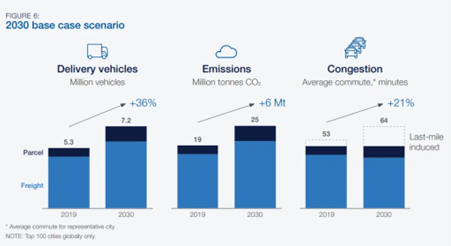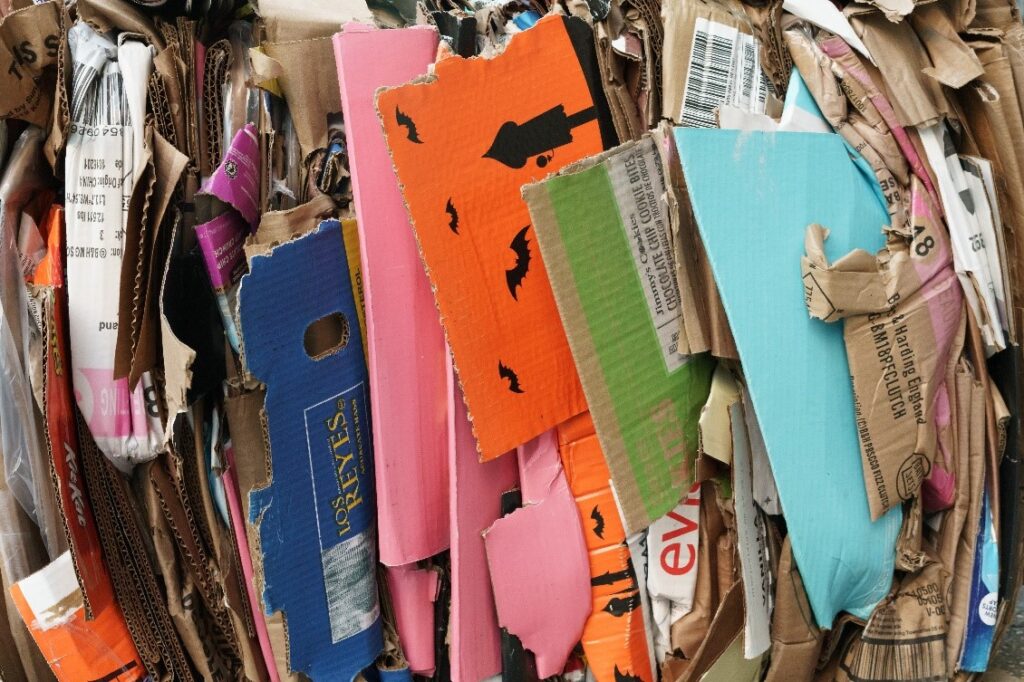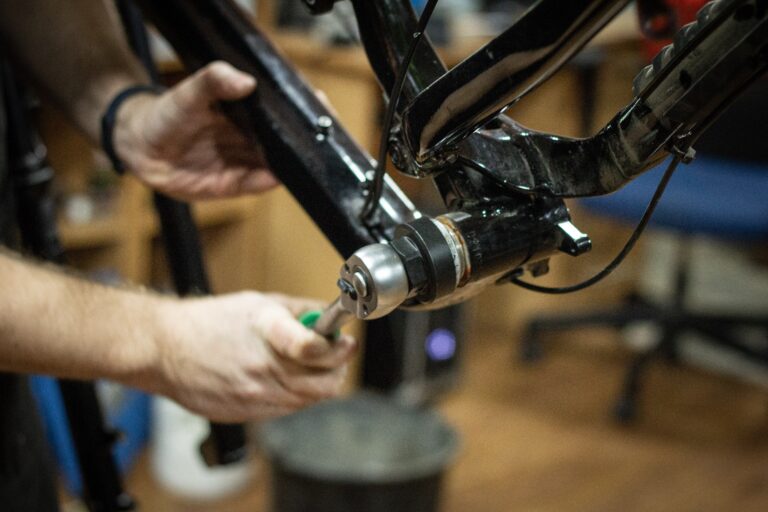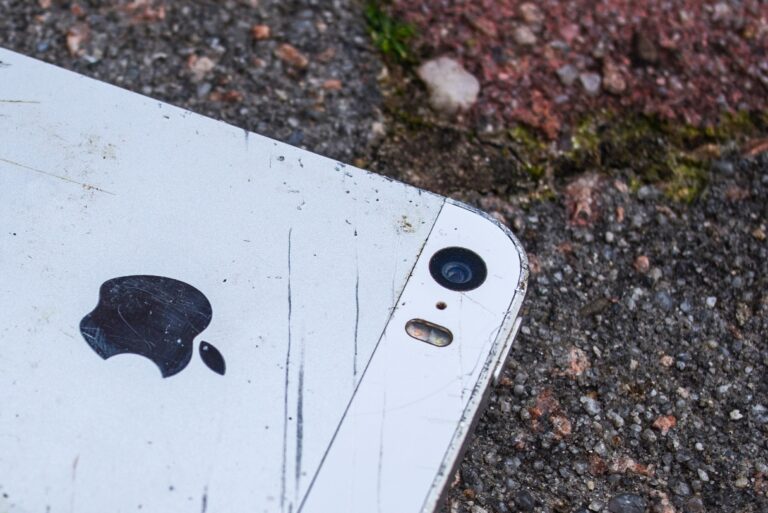
Black Friday: Waste or Want?
Today is Black Friday, originating in the US it has since spread to the UK, and is the day where many stores slash prices for exclusive Black Friday deals leading to one of the busiest shopping days of the year. But what about the impact on the environment? Campaigns and Media officer Madeleine Hewitt looks at the waste behind Black Friday.
Black Friday Facts
- A study in 2019 found that up to 80% of Black Friday purchases are thrown away.
- These unwanted cheap goods, made from poor-quality unsustainable materials end up in landfills or are burned in incinerators.
- In 2020, UK deliveries from Black Friday sales were estimated to release over 429,000 metric tons of greenhouse gas emissions – the equivalent of 435 return flights from London to New York.
Today is Black Friday. Overconsumption is wrecking present and future living conditions and the planet itself. Don’t buy stuff you don’t need.”
Greta Thunberg
A recent poll conducted by Population Matters revealed that more than half (53%) of people across the UK reported seeing an advert or receiving marketing materials in the past month encouraging them to upgrade their phone this Black Friday. As part of our We Don’t Buy It campaign we wrote to phone retailers asking them to stop their phone upgrade schemes as part of their Black Friday deal offers, and instead to promote to their customers their phone repair schemes. This is due to the environmental cost of buying a new smartphone, producing 85.2kg of CO2 emissions compared to 7.61kg CO2 emissions from a refurbished device. You can read more about the environmental impact of smartphones in our iCon report here.
Our recent polling results also showed that many people would be open to refusing upgrades, as 44% of those surveyed agreed manufacturers should concentrate on making phones more long-lasting and reliable instead of adding new features.
You can read our letter to retailers here and find the press release summary of our poll here.
Cost of Delivery
It’s not just buying new goods that impact the environment, but the delivery of these products to your home. It’s estimated that by 2030, the number of delivery vehicles will increase by 36%, reaching approximately 7.2 million vehicles, resulting in an increase of 6 million tonnes of CO2 emissions.

Our increasing expectations for speed and convenience, with the promise of “next-day delivery” are causing this rise in carbon emissions. In order to facilitate fast deliveries, companies cannot wait to be fully in stock of product before delivering, instead they are often required to send out trucks that are half-filled – this means more deliveries, more traffic, and more emissions.
To reverse this trend, consumers will have to stop expecting the convenience of same-day shipping and we must all collectively practice more patience in our consumer buying habits.
Boxes inside Boxes
We’ve all had the frustration of opening an Amazon package only to find another box, or a set of items swaddled in unnecessary plastic or paper wrap, and grumbled at the excess packaging. Well, this wasteful packaging is also the biggest driver of carbon emissions, contributing 45% of greenhouse gas emissions worldwide from online shopping.

Conscious Consumer
A 2021 survey found that more than a third of UK shoppers felt offsetting their carbon footprint was equally as important as obtaining free delivery, with nearly 40% of shoppers revealing they would be more likely to purchase through an online retailer that offers an eco-friendly delivery option. Though by far the most eco-friendly option is no delivery at all, which is why our We Don’t Buy It campaign emphasises how we all need to choose to buy less.
When it comes to the eco-friendly R’s the ones to follow are Refuse, Reduce, Reuse, Repair. For many of us living in richer countries, such as the UK, our lives are full of excess stuff we don’t need, so by choosing to buy less and repair more of the current items we have, we will use up fewer resources and produce less waste.
So how do you beat the Black Friday pressure to take advantage of the “best deals”?
Firstly, STOP before you shop.
Ask yourself these vital questions:
- What do I already have?
- How much will I use this new item?
- How long will it last?
- How was it made?
- Do I really need it?
Taking the time to consider each of these questions in turn will allow you to reflect on whether you really want to buy something, or you’ve just been drawn in by a clever marketing scheme.
For example, by considering how an item was made you can assess whether it was made by a company that cares about its environmental impact and uses sustainable materials. Though we appreciate that sometimes more eco-friendly products can be more expensive to buy, the unfortunate truth of cheaper products is that often they come at a steep environmental cost instead, made in highly polluting factories.

By choosing to buy from greener and more eco-friendly brands you send the message with your wallet that as a consumer what is of most importance to you is a company with strong environmental protections.
Green Friday
The anti-Black Friday movement has already begun with the advent of Green Friday in 2015, to create awareness about the negative impacts of society’s shopping habits.
Green Friday occurs on the exact same day as Black Friday, but it involves brands and companies not participating in the Black Friday flash sales deal, but rather adopting and advertising their eco-friendly policies.
For example, IKEA promotes its Buyback & Resell scheme, where customers can sell back furniture to IKEA to then be repaired and resold as 2nd hand furniture.
In 2020, outdoor clothing brand Patagonia donated 100% of its Black Friday profits to environmental causes. Patagonia previously having run its famous Don’t Buy This Jacket advert to promote sustainable consumerism.
The company instead promoted to its customers to participate in their Worn Wear Program, where customers are encouraged to get their clothes repaired at Patagonia stores and purchase items that have been gently used before. Repairing and reusing clothes is an effective green policy, as studies have shown that extending the lifespan of clothes by 9 months decreases the environmental impact by 20-30% compared to buying new items.
The best thing you can do this Black Friday is simply not participate, instead send the message to retailers that you’re not buying it.



